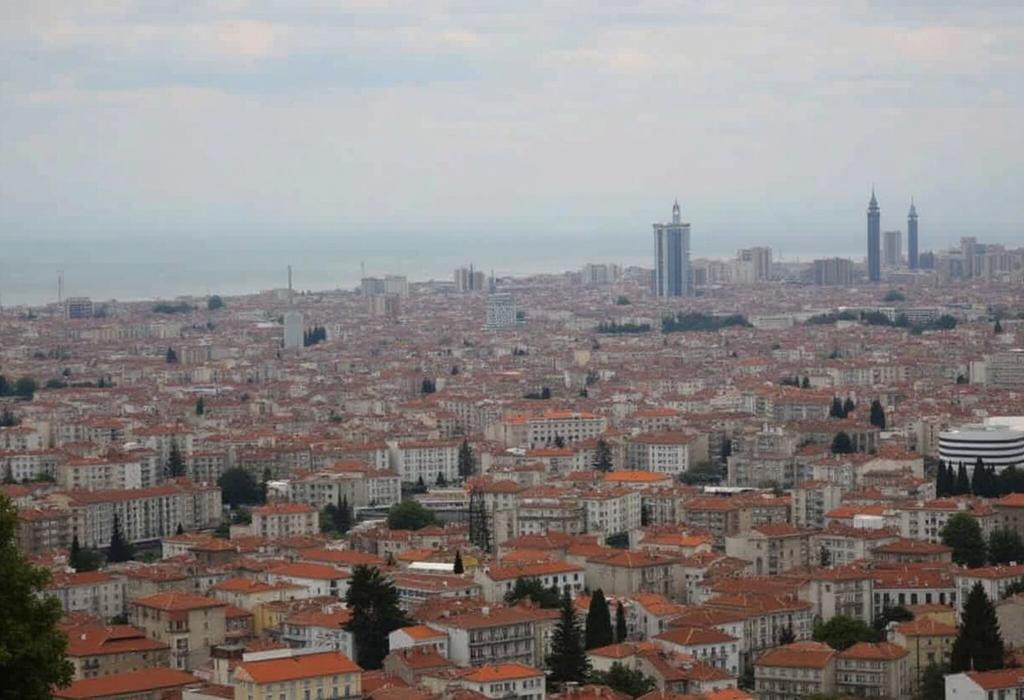On Monday, a massive power outage caused significant disruption throughout Spain and Portugal, ceasing all train operations and causing chaos at airports. In response to the crisis, Spanish Prime Minister Pedro Sanchez declared a state of emergency at midnight, which remains in effect as recovery efforts continue. By Tuesday morning, electricity was partially restored, with Red Eléctrica reporting that 99.16% of power had been returned in Spain, while Portugal had fully recovered.
Despite the restoration of power, the ramifications of the outage still affect air travel and train services across both nations. In Spain, airports operated on backup generators to maintain limited functionality during the blackout. However, many flights remained canceled or significantly delayed as travelers faced a backlog due to the previous day's disruptions. Aena, the body overseeing local airports, urged travelers to verify flight statuses and explore public transport options.
Enaire, Spain's air navigation service, announced that air traffic control had returned to normal, yet numerous flights faced cancellations, particularly from major cities like Madrid, Barcelona, and Seville. A staggering total of around 500 flights were scrapped across Spain and Portugal due not just to the outage but overlapping schedules between the two nations.
Portugal's airport operators indicated a return to normal operations but were still experiencing recovery challenges, primarily at Lisbon airport where cancellations and delays continued to plague operations.
Additionally, the rail systems in both countries saw severe disruptions. Estimates show that emergency services rescued around 35,000 passengers who were stranded due to halted train services on Monday. Urban services in Madrid are operating at half capacity while long-distance services gradually resume. Chaos ensued at major train stations as travelers faced lengthy queues to rebook their tickets.
For travelers impacted by the disruption, potential compensation exists under the Denied Boarding Regulations. Travelers may claim reimbursement for necessary expenses incurred during the outage; however, airlines could argue that the nature of the disruption exempts them from direct compensation. Additionally, the power outage impacted hotel accommodations, locking many guests out as electronic locks failed during the blackout. Experts suggested that travelers should retain all receipts and documentation for potential insurance claims stemming from the disruption. EasyJet acknowledged operational disruptions while advising passengers to monitor flight updates.
In summary, while restoration efforts are underway, the lingering effects of the power outage are spotlighting the vulnerability of essential services under extreme conditions. It highlights the need for robust contingency plans across public transport and critical infrastructure to ensure passenger safety and operational continuity during unforeseen events.
AD
AD
AD
AD
Bias Analysis
Bias Score:
20/100
Neutral
Biased
This news has been analyzed from 12 different sources.
Bias Assessment: The coverage appears to maintain a neutral tone predominantly, reporting on facts such as flight cancellations, government responses, and expert opinions without expressing overtly negative or positive sentiments toward any parties involved. However, a slight bias exists in favoring the perspective of airline operations and the recommendations of travel experts, which could imply a subtle framing that may affect public perception of airline accountability during service disruptions.
Key Questions About This Article




